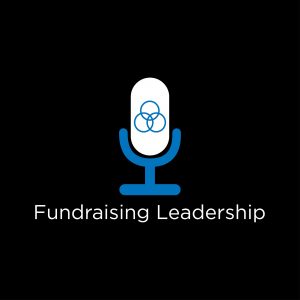
Summer’s Over …
David and Margaret explored the dynamics of heading back-to-school — including the anxiety.
They noticed that the parents they have had contact with seem to sometimes experience more anxiety than their children at the prospect of school starting up again, even as the children’s transition back to school is often smooth. And our hosts wonder why this might be.
They speculated about a few causes, including that it might relate to remembering their own anxiety about school.
David shared his personal experiences with school, including challenges in elementary and high school, and suggested that institutional education was not always a positive environment for him. And Margaret remembered feeling a lot of hyperachiever pressure as a child, wanting to be noticed and liked by her new teachers every fall.
Balancing Academics and Social Well-Being
Many parents long for their children to achieve a lot in school — and many have big dreams for their children to go to great colleges. Others want their children to make great friends, to fit in and to be happy. Our hosts wonder: is it possible to check all those boxes at once? Can our children stand out AND fit in all at the same time?
Modern culture often pressures parents to prioritize academic success over other important life skills.
They also touched on the concept of “avoiding” as a common saboteur behavior — and its relevance to parenting. This might look like people who go to great lengths to avoid conflict, including even unpleasant or uncomfortable conversations. And it might be relevant for parents who are struggling with kids who have learning differences.
Dyslexia Awareness and Learning Differences
David shared his personal experience of having an undiagnosed learning difference, specifically with dyslexia. That made both reading and taking tests very difficult for him, as it does for many, many other children. These days, he is a prolific writer and has discovered a new way to read by listening to audiobooks — but school always felt very hard to him. He discussed the importance of recognizing and supporting learning differences in children, noting that more resources are available now than when he was in school.
Margaret talks about the idea of “school brain,” meaning the ways some of our brains are very well suited to how most schools teach — while other kids can be equally smart but struggle with a mismatch in how they process and receive information.
Having had our own learning differences or knowing our children are struggling can spike parents’ anxiety this time of year as their kids head back to school.
The two of them both feel inspired by both the growing movement on LinkedIn, where neurodivergent individuals are claiming their identities and advocating for themselves as well as the evolution of education systems and the recognition of different types of intelligences beyond just rational and analytical skills.
A Hug Doesn’t Make it Worse
David and Margaret discussed the benefits of hugging, citing scientific studies that show hugging boosts the immune system and lowers anxiety.
Next Steps
- Listeners who identify with having an “avoider saboteur” can reach out to Margaret or David for PQ coaching.
- Here’s a link to the science of longer hugs — at least 20 seconds is optimal.
- Go hug someone for a minute.